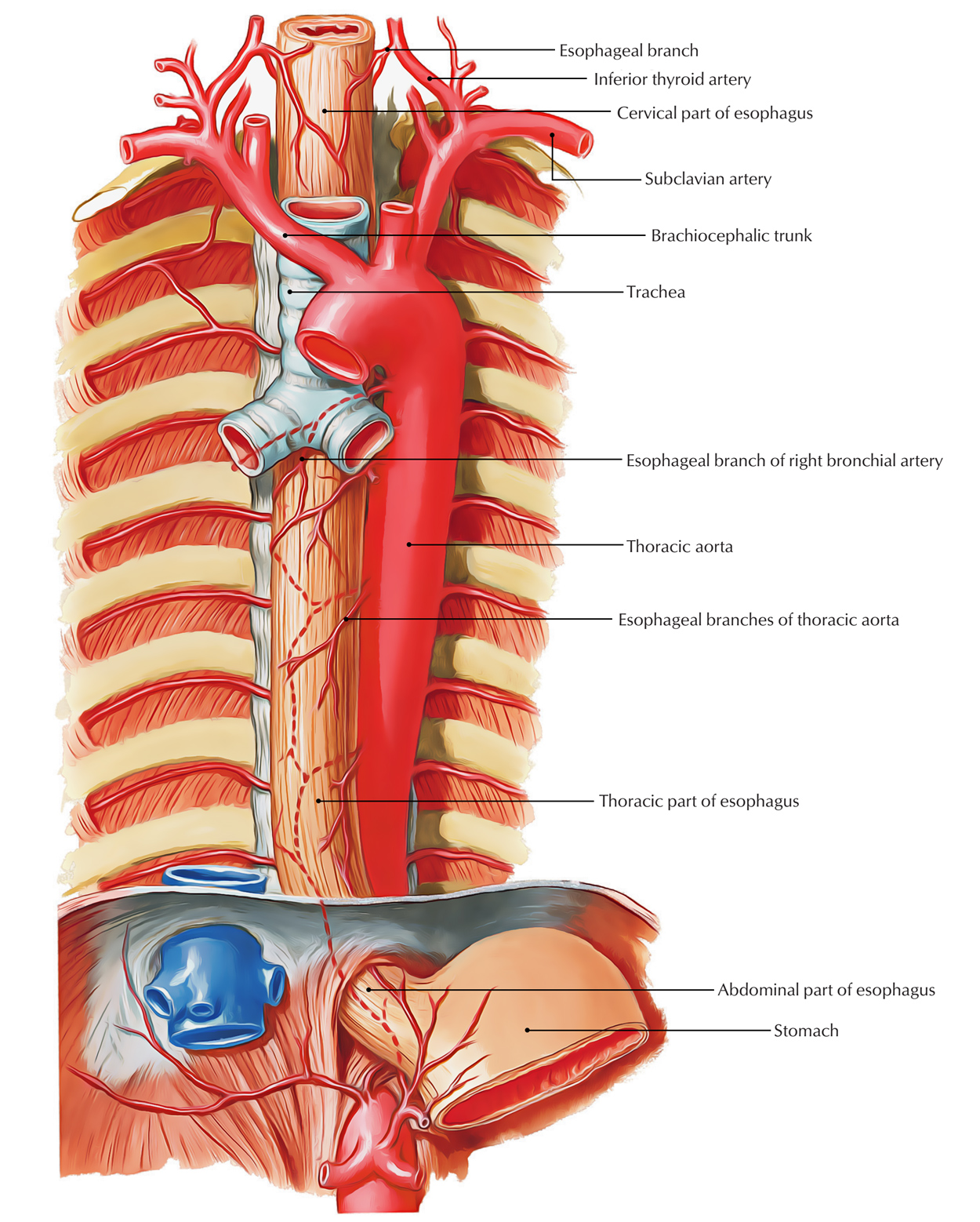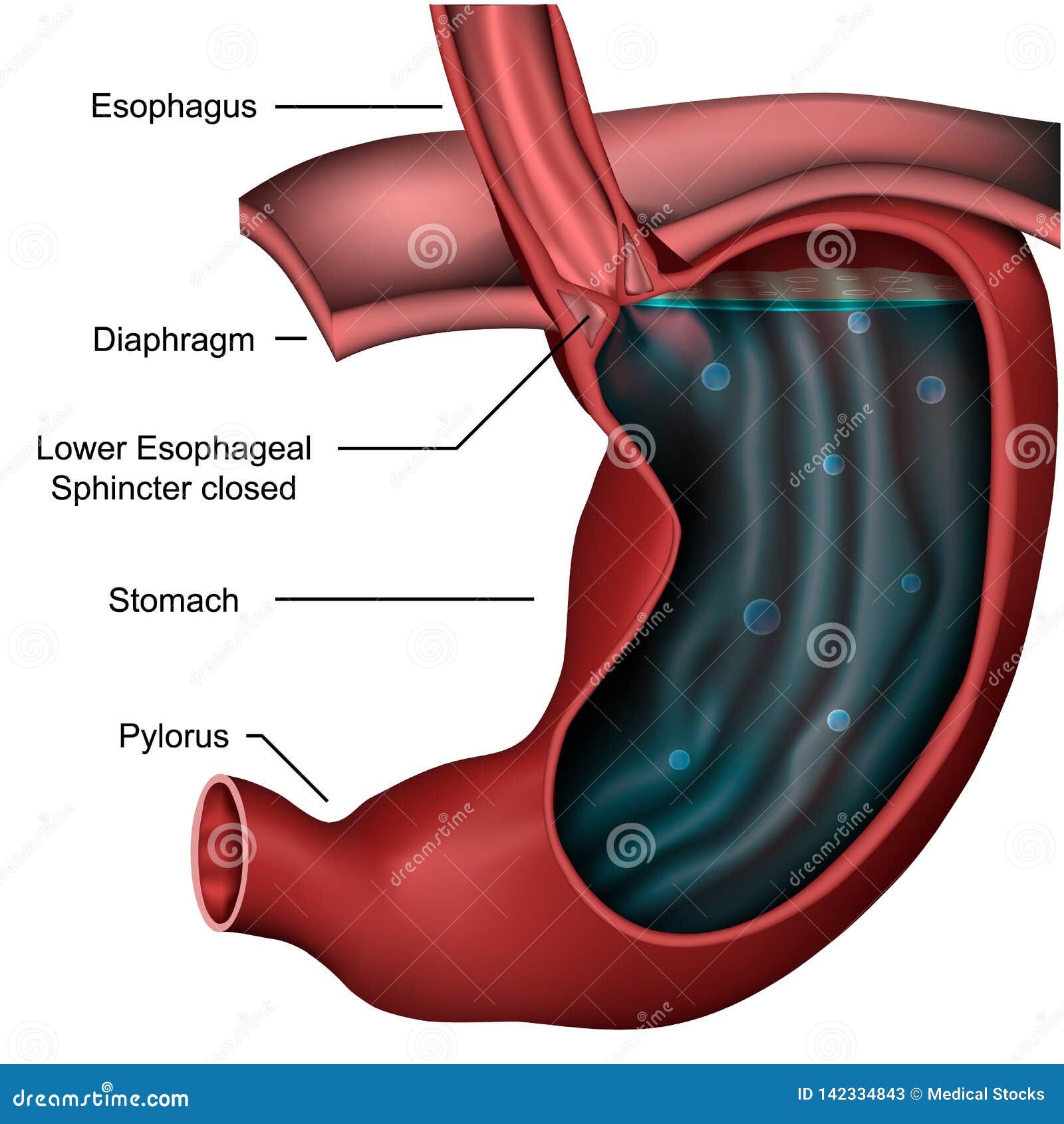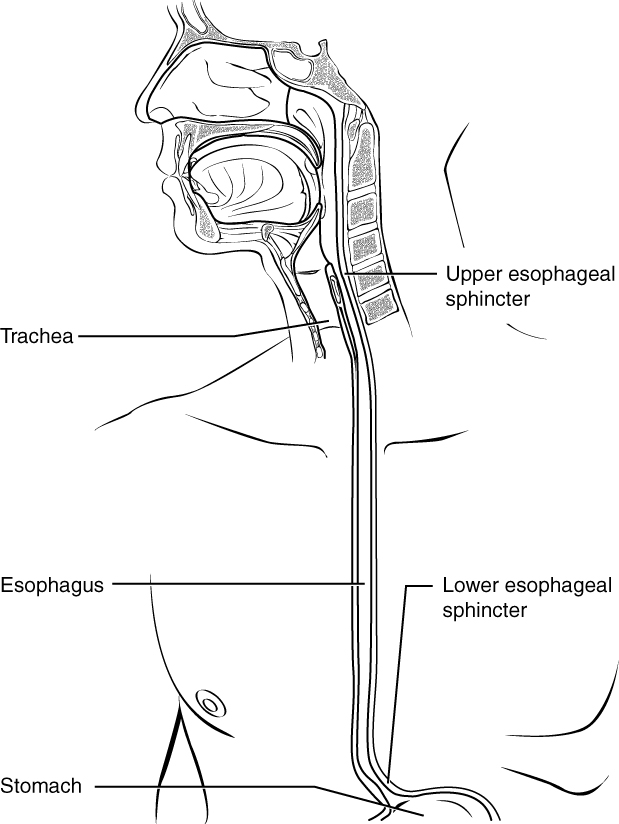Drawing Of Esophagus
Drawing Of Esophagus - When food enters the mouth, it mixes with saliva. Different layers of the esophagus. Web subscribe now : Web the esophagus is a muscular channel that carries food from the pharynx to the stomach. It consists of muscles that run both longitudinally and circularly, entering into the abdominal cavity via the right crus of the diaphragm at the level of the tenth thoracic vertebrae. Web medical illustration engraving from 1872 featuring the human digestive tract healthy throat linear icon. When the patient is upright, the esophagus is usually between 25 to 30. Web the esophagus is a muscular tube about ten inches (25 cm.) long, extending from the hypopharynx to the stomach. Stratified squamous epithelium on mucosa (keratinized or nonkeratinized; Lamina muscularis layer of esophagus #6. Stratified squamous epithelium on mucosa (keratinized or nonkeratinized; Web choose from drawing of the esophagus stock illustrations from istock. In its abdominal course, it is covered with the peritoneum of the greater sac anteriorly and on its left side, and it is covered with. Editable stroke healthy throat linear icon. Web the esophagus is made up of four layers of. Problems with the esophagus include acid reflux and gerd. Web medical illustration engraving from 1872 featuring the human digestive tract healthy throat linear icon. Web the esophagus is a long, thin, and muscular tube that connects the pharynx (throat) to the stomach. Mayo clinic does not endorse companies or products. Web simple drawing of anterior view of the arch of. Web choose from drawing of the esophagus stock illustrations from istock. It consists of muscles that run both longitudinally and circularly, entering into the abdominal cavity via the right crus of the diaphragm at the level of the tenth thoracic vertebrae. The esophagus passes through the right crus of the diaphragm. Web the esophagus is a muscular channel that carries. One of the most common symptoms of esophagus problems is heartburn, a burning sensation in the middle of your chest. The esophagus is a hollow muscular tube that transports saliva, liquids, and foods from the mouth to the stomach. Web the esophagus is a long, thin, and muscular tube that connects the pharynx (throat) to the stomach. Upper section of. When food enters the mouth, it mixes with saliva. It forms an important piece of the gastrointestinal tract and functions as the conduit for food and liquids that have been swallowed into. Lamina propria of mucosa layers of esophagus #3. The order of these layers from the inside out are: The esophagus is a hollow muscular tube that transports saliva,. Lamina propria of mucosa layers of esophagus #3. The esophagus passes through the right crus of the diaphragm. The esophagus lies posterior to the trachea and the heart and passes through the mediastinum and the hiatus, an opening in the diaphragm, in its descent from the thoracic to the abdominal cavity. One of the most common symptoms of esophagus problems. Lymhatic nodules (not in all amimals) oin lamina propria layer #4. It consists of muscles that run both longitudinally and circularly, entering into the abdominal cavity via the right crus of the diaphragm at the level of the tenth thoracic vertebrae. The esophagus passes through the right crus of the diaphragm. The esophagus is a hollow muscular tube that transports. Different layers of the esophagus. There are three layers of the mucosa: Problems with the esophagus include acid reflux and gerd. Mayo clinic does not endorse companies or products. Web the esophagus is made up of four layers of tissue. The esophagus lies posterior to the trachea and the heart and passes through the mediastinum and the hiatus, an opening in the diaphragm, in its descent from the thoracic to the abdominal cavity. When the patient is upright, the esophagus is usually between 25 to 30. The esophagus passes through the right crus of the diaphragm. Different layers of the. Web the esophagus is a muscular tube about ten inches (25 cm.) long, extending from the hypopharynx to the stomach. Problems with the esophagus include acid reflux and gerd. Upper section of alimentary canal. Web the esophagus is made up of four layers of tissue. Stratified squamous epithelium on mucosa (keratinized or nonkeratinized; Oral cavity, pharynx, esophagus in good health. Muscles in your esophagus propel food down to your stomach. Web medical illustration engraving from 1872 featuring the human digestive tract healthy throat linear icon. One of the most common symptoms of esophagus problems is heartburn, a burning sensation in the middle of your chest. Mayo clinic does not endorse companies or products. Web the esophagus is a muscular channel that carries food from the pharynx to the stomach. When the patient is upright, the esophagus is usually between 25 to 30. Upper section of alimentary canal. Web the esophagus (oesophagus) is a 25 cm long fibromuscular tube extending from the pharynx (c6 level) to the stomach (t11 level). Lymhatic nodules (not in all amimals) oin lamina propria layer #4. Connective tissue papillae of esophagus #5. Editable stroke healthy throat linear icon. Web the abdominal part of the esophagus. Web the esophagus is made up of four layers of tissue. It consists of muscles that run both longitudinally and circularly, entering into the abdominal cavity via the right crus of the diaphragm at the level of the tenth thoracic vertebrae. Let us learn how to draw esophagus for step by step.
The Human Esophagus Functions and Anatomy and Problems

Esophagus Function In The Digestive System

E.3. Esophagus

Anatomy Of The Esophagus
:watermark(/images/watermark_5000_10percent.png,0,0,0):watermark(/images/logo_url.png,-10,-10,0):format(jpeg)/images/overview_image/292/Gspt830scLPX0uk5rXr0w_esophagus-in-situ_english.jpg)
Esophagus Anatomy, sphincters, arteries, veins, nerves Kenhub

Esophagus Earth's Lab

Esophageal Sphincter Anatomy 3d Medical Illustration on White

Esophagus / Endoscopy — High Plains Surgical Associates

Esophagus stock illustration. Illustration of throat 40419397

The Mouth, Pharynx, and Esophagus · Anatomy and Physiology
Web Browse 1,989 Esophagus Anatomy Photos And Images Available, Or Start A New Search To Explore More Photos And Images.
Web Anatomic Drawings Of The Digestive System Esophagus Liver (Right Lobe) Intrahepatic Bile Duct Common Bile Duct Gallbladder Duodenum Hepatic Flexure Ascending Colon Ileum Ileocecal Valve Cecum Appendix Liver Esophageal Sphincter Liver (Left Lobe) Stomach Greater Curvature Pancreas Splenic Flexure Jejunum Descending Colon.
The Order Of These Layers From The Inside Out Are:
Drawing Of The Gi Tract, With The Esophagus, Stomach, Small Intestine, Duodenum, Jejunum, Ileum, Large Intestine, Cecum, Colon, Rectum, And Anus Labeled.
Related Post: